Kate Christensen's favorite food scenes in fiction
The prolific author recommends works by James Joyce, Edith Wharton, and more
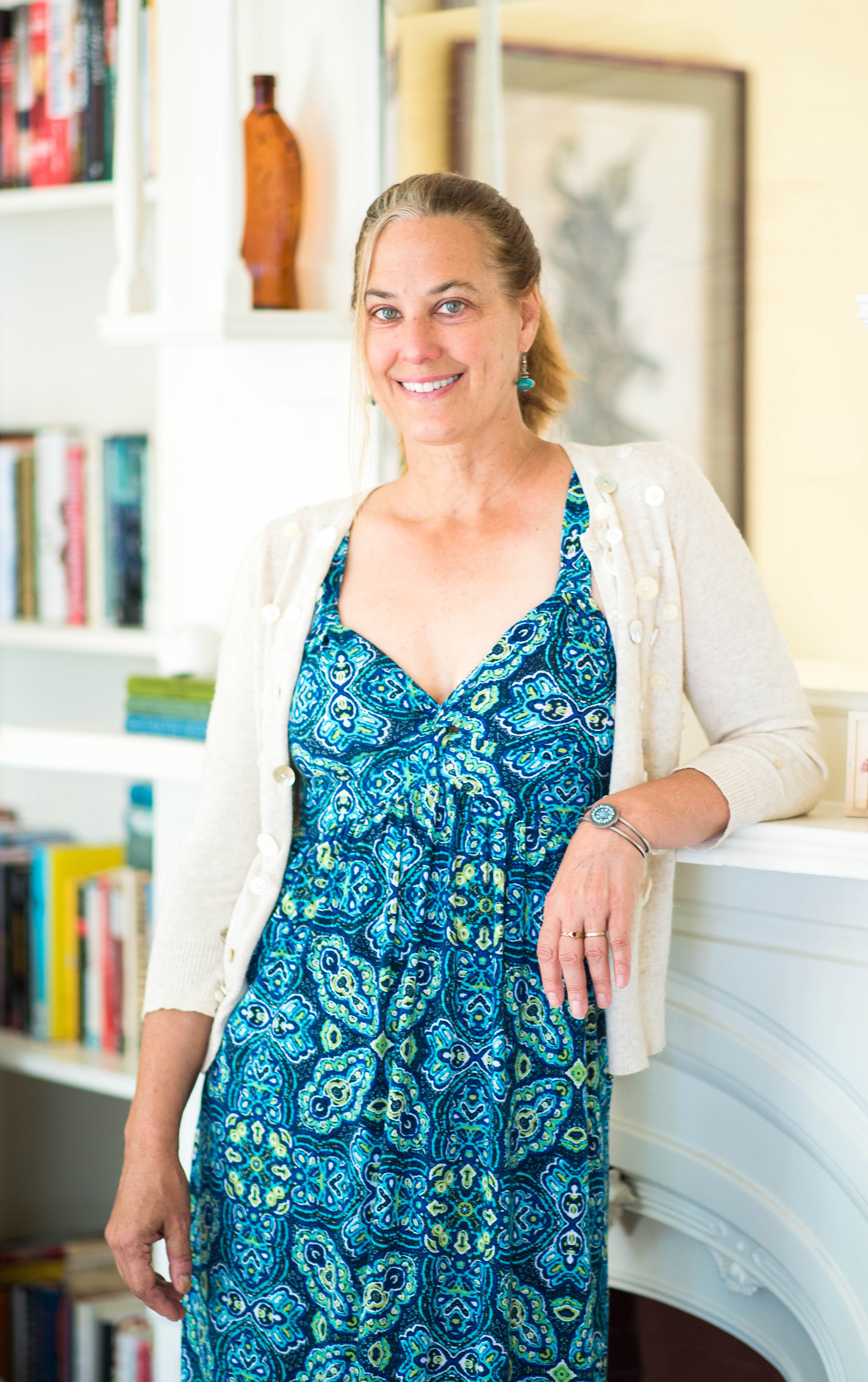
A free daily email with the biggest news stories of the day – and the best features from TheWeek.com
You are now subscribed
Your newsletter sign-up was successful
Kate Christensen's new novel, The Last Cruise, is set on a 1950s luxury liner. Below, the author of How to Cook a Moose and the novels The Great Man and The Epicure's Lament names her favorite food scenes in fiction — and where to find them.
The House of Mirth by Edith Wharton (Dover, $5).
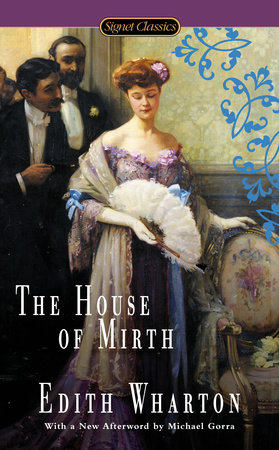
Lily Bart meets Lawrence Selden in Grand Central Station and goes to his apartment — "I can give you a cup of tea in no time — and you won't meet any bores." There's no real food — just cake and cigarettes. Lily never seems to eat. Somehow, for me, this most elemental self-denial lies at the heart of her tragic downfall.
The Week
Escape your echo chamber. Get the facts behind the news, plus analysis from multiple perspectives.

Sign up for The Week's Free Newsletters
From our morning news briefing to a weekly Good News Newsletter, get the best of The Week delivered directly to your inbox.
From our morning news briefing to a weekly Good News Newsletter, get the best of The Week delivered directly to your inbox.
Ulysses by James Joyce (Dover, $16).
The grilled mutton-kidney breakfast has stayed with me ever since my first read (okay, not the whole thing): that sizzling, urine-scented tang of the frying organ and the deep pleasure Leopold took in it, pouring pan gravy over it, sopping bread in the browned-butter gravy, interspersing forkfuls of meat with mouthfuls of hot tea.
Waiting for the Barbarians by J.M. Coetzee (Penguin, $17).
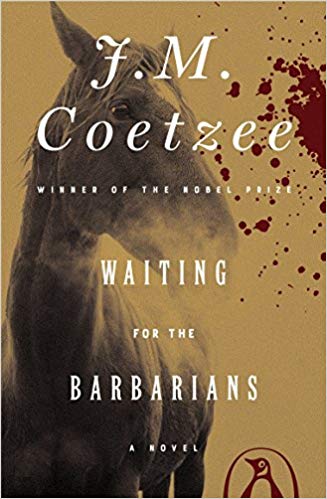
The Magistrate, made starving and homeless, begs maids for their scraps and watches a cook at work, breathing in "all the good smells, marjoram and yeast and crisp chopped onions and smoky mutton-fat." Yearning — humble and palpable and terrible — has rarely been expressed so sharply through food.
A free daily email with the biggest news stories of the day – and the best features from TheWeek.com
The Great Gatsby by F. Scott Fitzgerald (Scribner, $17).
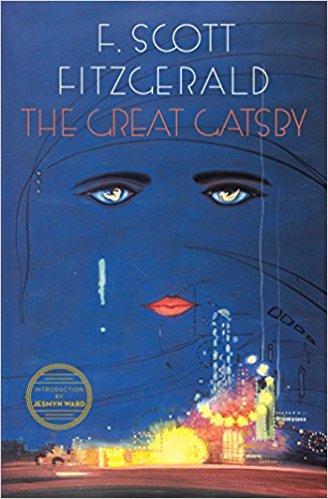
A plate of cold fried chicken and two bottles of ale sit on a table between Tom and Daisy Buchanan. In a novel filled with sumptuous parties, this fraught late scene stands out for its stark emotional nakedness. The untouched chicken and ale say everything somehow.
A Passage to India by E.M. Forster (Mariner, $14).
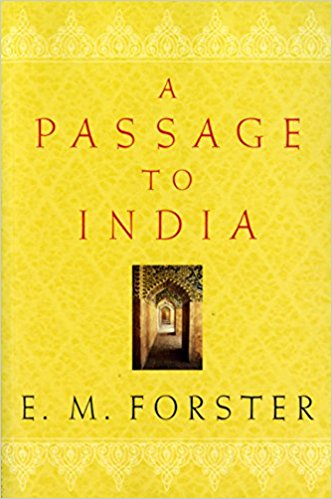
The disastrous picnic at the Marabar Caves, the elaborate spread Dr. Aziz has gone into debt to provide for his English friends — poignant, proud, kind Dr. Aziz, who will get accused of rape for his pains. "Whiskey-soda" for the gentlemen, rounds of tea and poached eggs for the ladies, because he's been told that the English never stop eating.
Moby-Dick by Herman Melville (Bantam, $6).
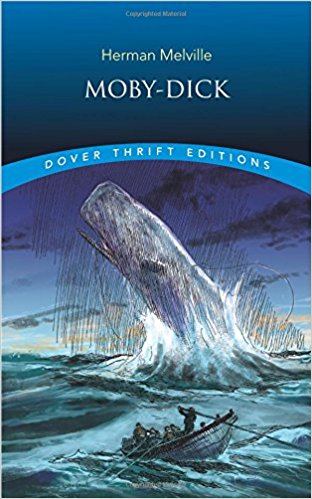
Everyone loves the Try Pots Inn scene. I jones for a bowlful of the clam chowder every time I read the description: "Small juicy clams, scarcely bigger than hazelnuts, mixed with pounded ship biscuit, and salted pork cut up into little flakes; the whole enriched with butter, and plentifully seasoned with pepper and salt."
-
 Secured vs. unsecured loans: how do they differ and which is better?
Secured vs. unsecured loans: how do they differ and which is better?the explainer They are distinguished by the level of risk and the inclusion of collateral
-
 ‘States that set ambitious climate targets are already feeling the tension’
‘States that set ambitious climate targets are already feeling the tension’Instant Opinion Opinion, comment and editorials of the day
-
 Mixing up mixology: The year ahead in cocktail and bar trends
Mixing up mixology: The year ahead in cocktail and bar trendsthe week recommends It’s hojicha vs. matcha, plus a whole lot more